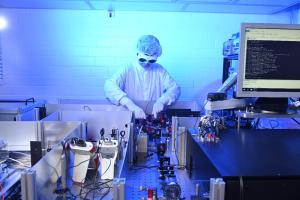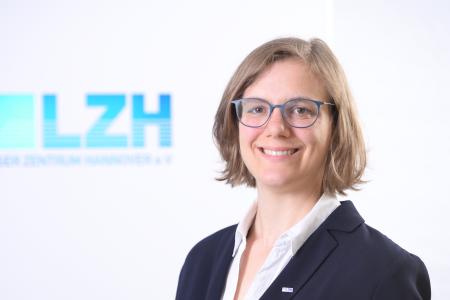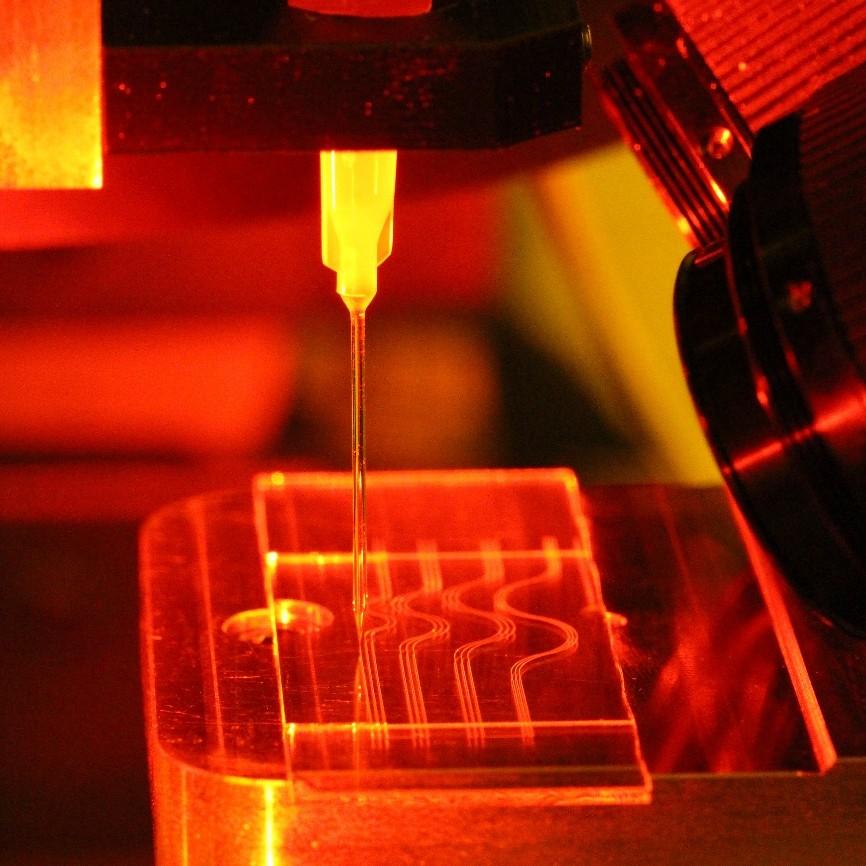Excellence through light: photonics clusters enter 2nd round of financing
“We are very pleased to continue contributing our expertise in photonics to top-level research here at our location,” says Prof. Dr. Stefan Kaierle, Executive Director and Chair of the Board at LZH as well as a member of PhoenixD. “Over the next seven years, through the clusters several million euros in funding will enter into fundamental research in photonics and quantum technologies. This will significantly drive innovation in both fields,” he explains, and adds: “This success is made possible by our excellent collaboration with Leibniz University Hannover.”
PhoenixD: new dimensions for optics and photonics
The cluster ‘PhoenixD: Photonics, Optics, Engineering - Innovation Across Disciplines’ aims to make precision optical devices fast and cost-effective to produce. The LZH is contributing its expertise in order to miniaturise optical assemblies and laser systems, thus making them more widely accessible in the future. To this end, scientists are researching new approaches to optical coatings and additively manufactured optical components, as well as technologies for compactly integrating these elements.
These novel photonic systems could have applications in agriculture, such as weed control, as well as in food analysis and quantum and telecommunications.
QuantumFrontiers: high-precision measurements with lasers

The aim of the cluster ‘QuantumFrontiers: Pushing the Boundaries of the Measurable’ is to enable measurements at the quantum frontier with unprecedented precision. The LZH participates in the development of highly stable laser sources for gravitational wave research. The work on single-frequency, low-noise laser systems is fundamental for new insights into the formation of the universe and for high-precision measurements in basic research on Earth.
"This funding is another milestone for photonics research in Hannover. This is another positive signal, especially for the Optics Campus, which is being created here in Marienwerder with the OPTICUM research building of the LUH, the companies based here and us as the LZH," emphasises Prof. Dr. Dietmar Kracht, CEO of the LZH and member of the clusters. ‘We will be able to integrate the findings from the two clusters very well into science and industry thanks to our established transfer structures here at the site.’
Further information on the Hanover Clusters of Excellence can be found in the LUH press release.
Laser Zentrum Hannover e.V. (LZH)
As an independent, non-profit research institute, the Laser Zentrum Hannover e.V. (LZH) stands for innovative research, development, and consulting. Supported by the Lower Saxony Ministry of Economics, Transport and Building, the LZH is dedicated to selflessly promoting applied research in the field of photonics and laser technology. Founded in 1986, almost 200 employees are now working at the LZH.
The LZH offers solutions to current and future challenges with its smart photonics. Along the process chain, natural scientists and engineers work interdisciplinary together: from component development for specific laser systems or for quantum technologies to process developments for a wide variety of laser applications, for example for medical and agricultural technology or lightweight construction in the automotive sector. 17 successful spin-offs have emerged from the LZH to date. Thus, the LZH creates a strong transfer between fundamental science, application-oriented research, and industry - and uses light for innovation.

